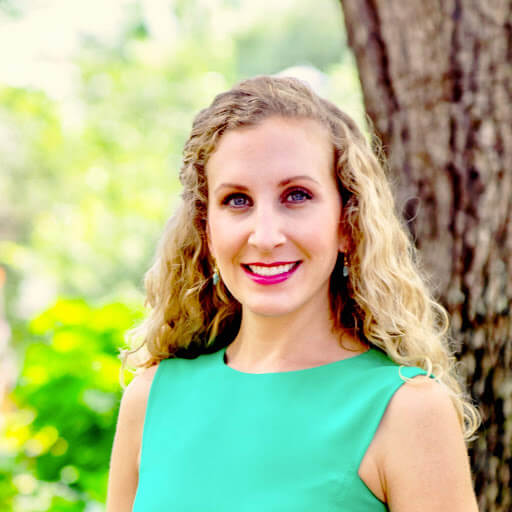Demand Growing for Small Business Credit
With economists predicting a GDP growth rate of 6.5% in the fourth quarter and consumer spending back on track, it looks like fertile ground for small businesses. In fact, new business applications are coming in at a pretty high clip. “We’re on pace for six million new business applications in 2021,” said David Fieldhouse, director of consumer credit analytics at Moody's Analytics. “If we put that in perspective with 2018, 2019, that would typically be around 3.5 million.”

While 2020 was all about the free credit of the PPP (Paycheck Protection Program), there are signs that private lending is coming back, Fieldhouse said during our June 17 Market Pulse podcast, Entrepreneurship & Credit in the Post-COVID Era. “There's a lot of construction loans out there, such as agricultural loans and transportation loans, but other segments like arts and entertainment, education, accommodation and food services are lagging a bit,” said Fieldhouse. “Overall, I think private lending is really coming back, which is going to be good for the economy. It's going to be good for the six million entrepreneurs that show up this year. So we're very optimistic about that.”
While there has been some loan forgiveness, data shows a lower delinquency rate for businesses right now as compared to before the pandemic. This is another indication that the economy is good, and private lenders should take notice. “I think there's a lot of innovative people out there, and companies doing good work that need to get financing. But the people getting the loans are paying them back, Fieldhouse said.
“So, lenders should be betting on these entrepreneurs going forward. And I hope the credit availability really comes through towards the end of the year.” Evan Leaphart, CEO and founder of Kiddie Kredit and co-founder of Black Men Talk Tech, echoed that sentiment. “A lot of people have great business ideas, but we need the capital to access them.” For more on this topic, listen to our podcast.
A Preventive Approach Towards Credit Comprehension
Below is an excerpt from our interview. It is edited for brevity.
Katherine: Evan, you brought up a good point: the funding to get off the ground. Sometimes it comes through a personal loan or starting on a credit card. And to bring this full circle and back to Kiddie Kredit, if you have damaged credit or you're not in a great position as an individual, that really sets you back when you might like to start a business. What can we do to better prepare the next generation of small business owners and entrepreneurs so that when they're seeking credit and capital, they're able to secure that?
 Evan: That was my whole reason for starting Kiddie Kredit. I had a different business at the time and I thought if I wrote a 30-page business plan and brought it to the bank, we'd get a million dollars. One, sadly mistaken. But secondly, this was where I really started to see how having a poor credit score was really affecting me. I'm the guarantor of this loan. It's a decent business idea. But the idea is unproven and my credit's not up to par. I didn't just see it affect me the way I saw it with job hunting and getting a mortgage. I was like, man, I know I messed mine up due to my own financial undoing, but I also had no idea how a credit score came to be. I think we need to realize the importance of a credit score in America.
Evan: That was my whole reason for starting Kiddie Kredit. I had a different business at the time and I thought if I wrote a 30-page business plan and brought it to the bank, we'd get a million dollars. One, sadly mistaken. But secondly, this was where I really started to see how having a poor credit score was really affecting me. I'm the guarantor of this loan. It's a decent business idea. But the idea is unproven and my credit's not up to par. I didn't just see it affect me the way I saw it with job hunting and getting a mortgage. I was like, man, I know I messed mine up due to my own financial undoing, but I also had no idea how a credit score came to be. I think we need to realize the importance of a credit score in America.Recommended for you




